Planetary boundaries and social dynamics of decarbonization
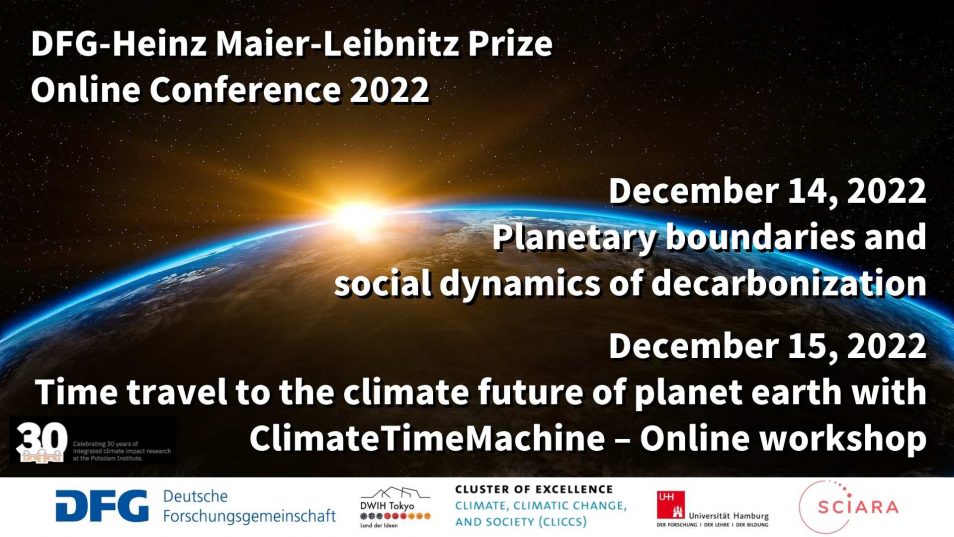 © DWIH Tokyo
© DWIH Tokyo
In honour of DFG Heinz Maier-Leibnitz Prize winners of 2019, Prof. Dr. Stefan Aykut at the University of Hamburg and Dr. Jonathan Donges at the Potsdam Institute for Climate Impact Research, the German Research Foundation (DFG) and the German Centre for Research and Innovation Tokyo (DWIH Tokyo) are holding the second Heinz Maier-Leibnitz-Prize Online Conference on Dec. 14. All participants are also cordially invited to participate in a workshop on the following day (Dec. 15). Please find information on both events below.
DFG-Heinz Maier-Leibnitz Prize Online Conference 2022 "Planetary boundaries and social dynamics of decarbonization"
Date: Wednesday, December 14, 2022
Time: 17:00-20:00 (JST) / 09:00-12:00 (CET)
Language: English / Japanese with simultaneous translation
Place: Online, livestream on YouTube
Programme: Download
Background information: Download
You can submit questions and comments here: https://app.sli.do/event/9ATUuyYc5gqECGSFkXDmeD
Live streaming (English): https://youtu.be/TWvoUVVHymI
Live streaming (Japanese): https://youtu.be/sf5gEVwBip8
[Group discussion (online meeting tool)]
Language: English (with a translator present to support
Registration: Please click on the “Register” button above to register for the talks, the panel discussion (YouTube live stream), and the group discussion.
Right after the 27th UN Climate Change Conference researchers from Germany and Japan will share their insight into the state of our planet in the year 2022.
This year marks the 50th anniversary of the United Nations Conference on the Human Environment in Stockholm in 1972. The same year, the Club of Rome published the ‘Limits to Growth’ report, which constituted a first attempt to link dynamics of social and natural systems. The conference and the report put the question of global ecological limits to human development on the global agenda.
In 2022, we are also celebrating 30 years of integrated climate impact research at the Potsdam Institute, and it has been 25 years since the ‘Kyoto Protocol to the United Nations Framework Convention on Climate Change’ has been adopted in December 1997.
The Heinz Maier-Leibnitz Prize Online Conference on “Planetary boundaries and social dynamics of decarbonization“ will highlight the significance of these anniversaries.
The prize winners will introduce research on the social dynamics of ecological problems, especially climate change, and on the complex structures of the earth system in the Anthropocene. We will discuss the global challenges and risks of climate and environmental crises for human societies from the perspectives of Germany and Japan.
We invite participants from both countries to join the discussions with our speakers and share ideas on environmental governance, climate mitigation and resilience building for the years to come.
[Speakers & Panelists]
[DFG Heinz Maier-Leibnitz Prize winners of 2019]
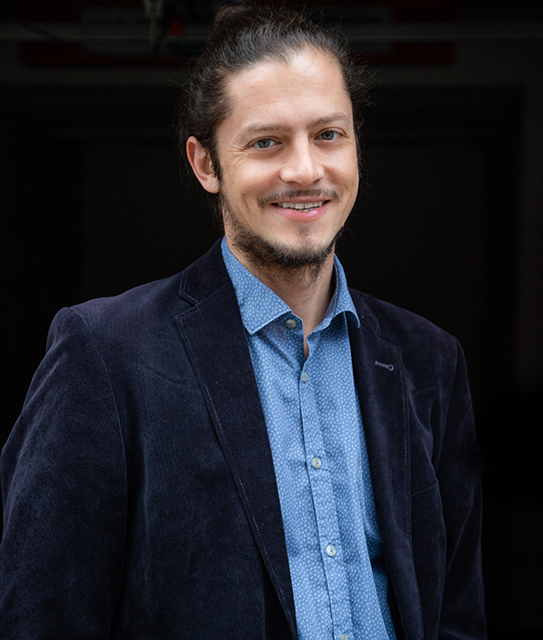 Prof. Dr. Stefan Aykut, Assistant Professor of Sociology, Director of the Center for sustainable society research (CSS), University of Hamburg
Prof. Dr. Stefan Aykut, Assistant Professor of Sociology, Director of the Center for sustainable society research (CSS), University of Hamburg
Profile / Prof. Dr. Stefan C. Aykut : Ecological Crises and Conflicts : Universität Hamburg (uni-hamburg.de) / DFG, German Research Foundation – Prof. Dr. Stefan Cihan Aykut – Heinz Maier-Leibnitz Prizewinner 2019
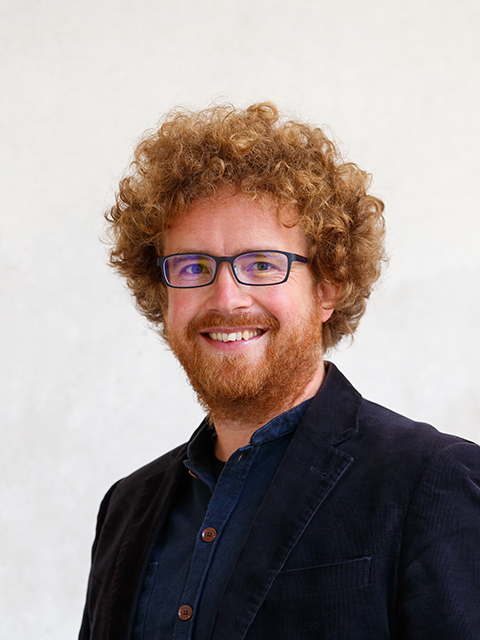 Dr. Jonathan Donges, Co-Leader of the FutureLab on Earth Resilience in the Anthropocene, Working Group Leader on Whole Earth System Analysis in Research Department on Earth System Analysis, Potsdam Institute for Climate Impact Research (PIK)
Dr. Jonathan Donges, Co-Leader of the FutureLab on Earth Resilience in the Anthropocene, Working Group Leader on Whole Earth System Analysis in Research Department on Earth System Analysis, Potsdam Institute for Climate Impact Research (PIK)
Profile / Donges — Potsdam Institute for Climate Impact Research (pik-potsdam.de) / DFG, German Research Foundation – Dr. Jonathan F. Donges – Heinz Maier-Leibnitz Prizewinner 2019
[Moderator]
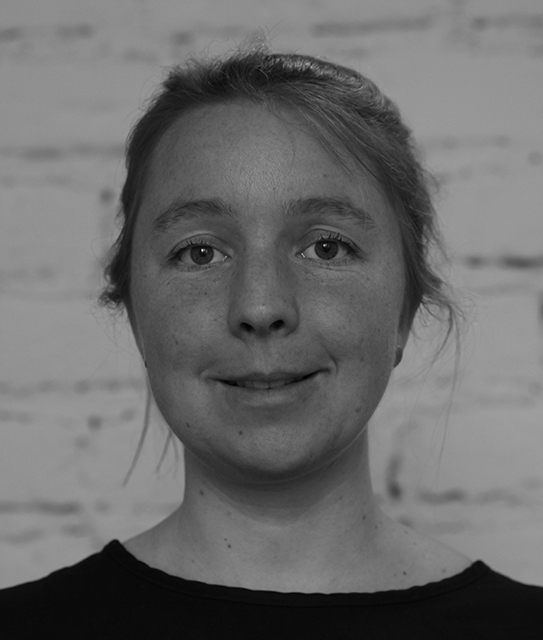 Dr. Anna-Julia Saiger, Research Assistant, Institute for Media and Information Law Department II: Public Law, Albert Ludwigs Universität Freiburg; Fellow at the Integrative Research Institute Law and Society, Humboldt University Berlin
Dr. Anna-Julia Saiger, Research Assistant, Institute for Media and Information Law Department II: Public Law, Albert Ludwigs Universität Freiburg; Fellow at the Integrative Research Institute Law and Society, Humboldt University Berlin
Profile
[Panelists]
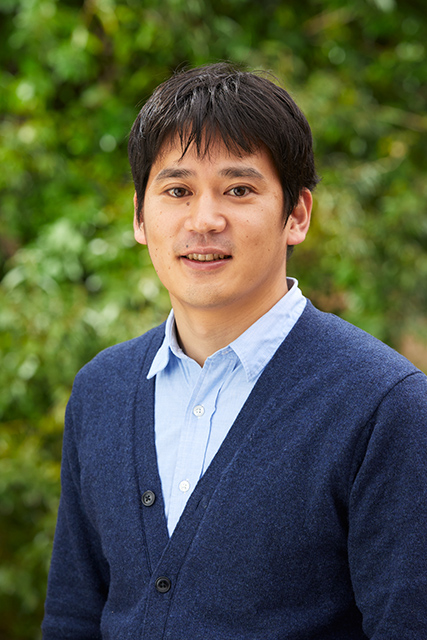 Dr. Shinichiro Asayama, Social Systems Division, National Institute for Environmental Studies
Dr. Shinichiro Asayama, Social Systems Division, National Institute for Environmental Studies
Shinichiro Asayama – My portal – researchmap
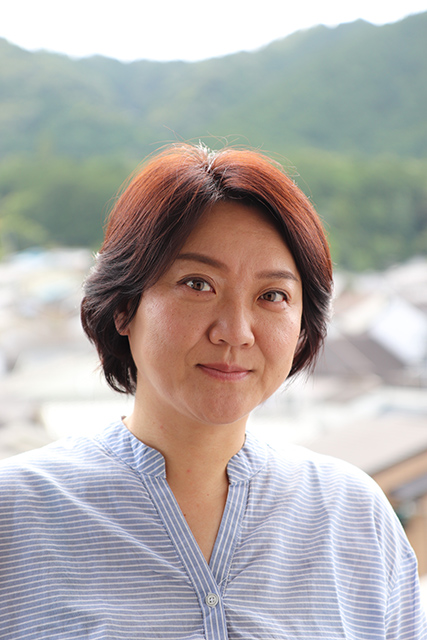 Dr. Chiho Ochiai, Associate Professor, Graduate School of Global Environmental Studies, Kyoto University
Dr. Chiho Ochiai, Associate Professor, Graduate School of Global Environmental Studies, Kyoto University
Chiho OCHIAI | Kyoto University Graduate School of Global Environmental Studies (kyoto-u.ac.jp)
人間環境設計論分野 | Global Environmental Architecture (kyoto-u.ac.jp)
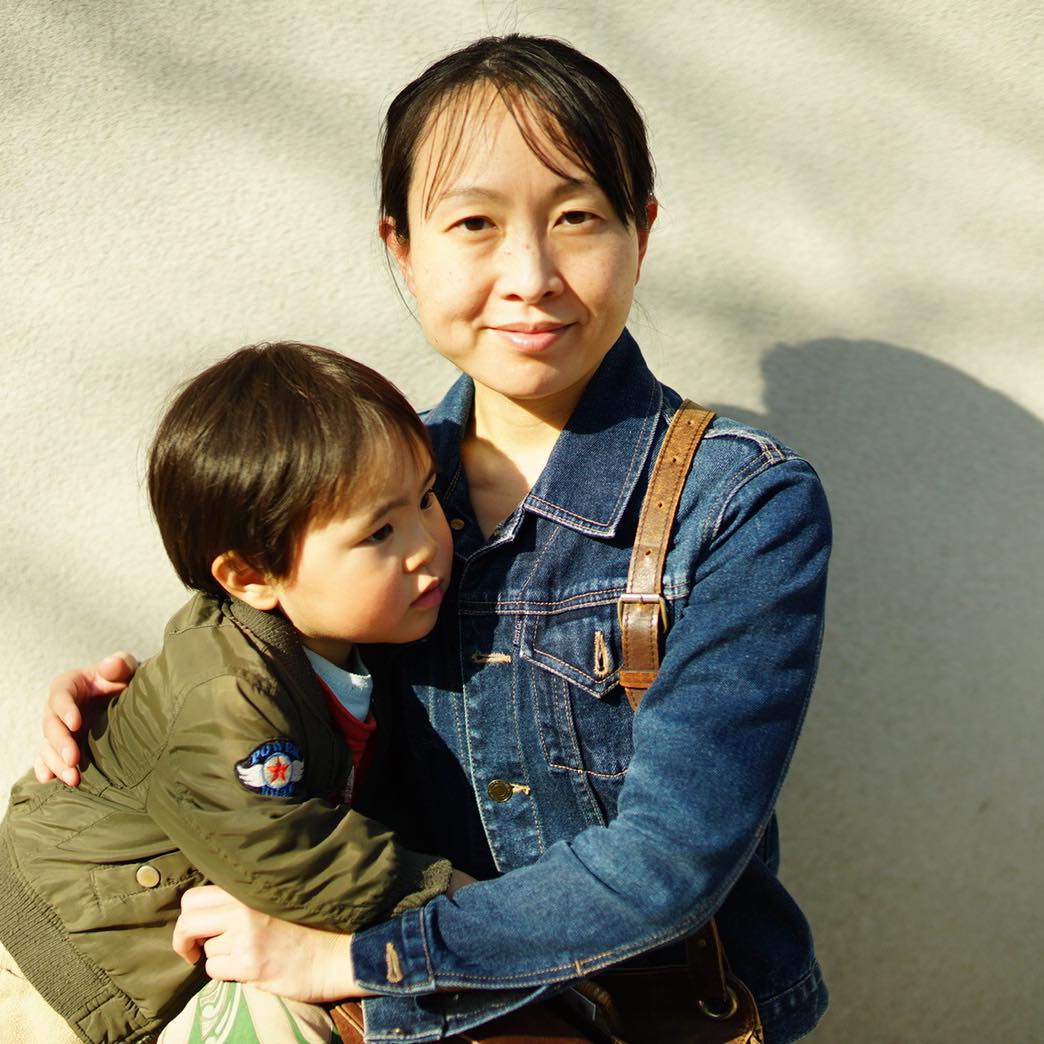 Akiko Yoshida, Climate / Nuclear / Power Shift Campaign, Friends of the Earth Japan
Akiko Yoshida, Climate / Nuclear / Power Shift Campaign, Friends of the Earth Japan
OUR STAFF | Friends of the Earth Japan (foejapan.org)
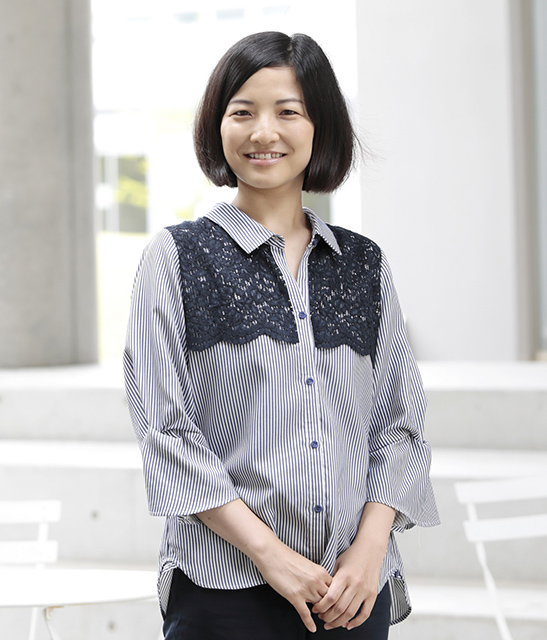
Dr. Tomoko Hasegawa, Associate Professor, College of Science and Engineering, Ritsumeikan University
Researcher Database (ritsumei.ac.jp)
SDG Perspectives from Japan: Insights from Tomoko Hasegawa, a climate scientist”Pathways to achieving the SDGs through environmental systems engineering” | The University of Tokyo Institute for Future Initiatives (u-tokyo.ac.jp)
[Greetings]
[Opening remarks]
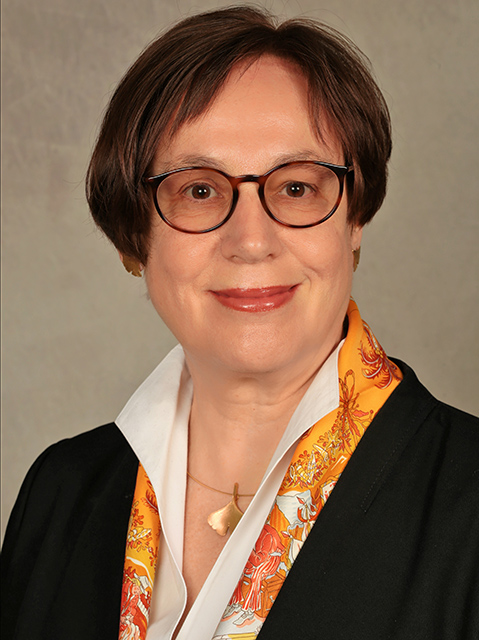 Dr. Ingrid Krüßmann, Director, DFG Office Japan; Deputy, International Affairs; Head, Sino-German Center for Research Promotion, Deutsche Forschungsgemeinschaft (DFG, German Research Foundation)
Dr. Ingrid Krüßmann, Director, DFG Office Japan; Deputy, International Affairs; Head, Sino-German Center for Research Promotion, Deutsche Forschungsgemeinschaft (DFG, German Research Foundation)
DFG Head Office: Dr. Ingrid Krüßmann
[Closing remarks]
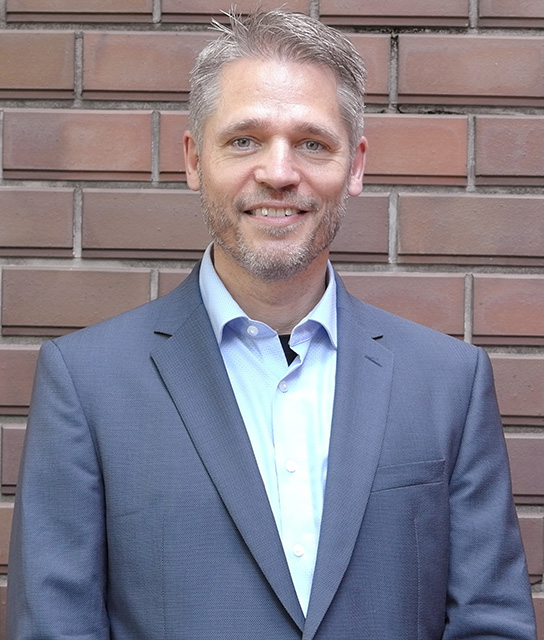 Axel Karpenstein, Director, Tokyo office of the German Academic Exchange Service (DAAD); Director, German Centre for Research and Innovation Tokyo (DWIH Tokyo)
Axel Karpenstein, Director, Tokyo office of the German Academic Exchange Service (DAAD); Director, German Centre for Research and Innovation Tokyo (DWIH Tokyo)
Außenstelle Tokyo – DAAD Japan
Time travel to the climate future of planet earth with ClimateTimeMachine – Online workshop
Date: Thursday, December 15, 2022
Time: 17:00-20:00 (JST) / 9:00-12:00 (CET)
Language: English (with support by Japanese speaking staff)
Online tool: Webex and ClimateTimeMachine web app
Facilitator: SCIARA(Society – Climate Interaction Analysis with Real Agents)
Internet page: Effective Against Climate Change – SCIARA
You can submit questions and comments here: https://app.sli.do/event/67MdAAtyvRK2otvHRiv3cF
Registration: Here (max. 30 participants; Registered participants will receive a link to the app with instructions prior to the event to their registered mail address.)
Time travel to the climate future of planet earth with ClimateTimeMachine – Online workshop Date: Thursday, December 15, 2022
ClimateTimeMachine – Time Travel Into the Climate Future
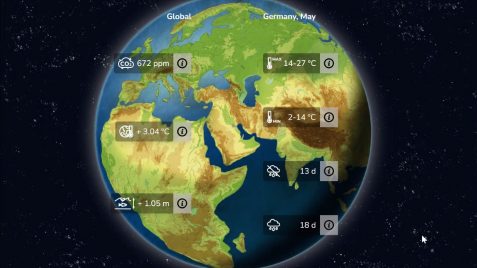
We invite you to travel in time to the future of the climate on planet earth with the science-based online simulation app ClimateTimeMachine by SCIARA (Society – Climate Interaction Analysis with Real Agents).
ClimateTimeMachine directly simulates the climate and cost impacts of our everyday choices and vividly depicts the consequences. It motivates participants to act for climate protection.
Goal
ClimateTimeMachine contributes to effective climate protection and aims to speed up the shift away from fossil to renewable energy. The ClimateTimeMachine community strengthens the acceptance, the support and the demand for climate protection.
Sciara has been developing this science-based online simulation since 2020 and conducted climate time travels with thousands of participants.
How to travel into the climate future
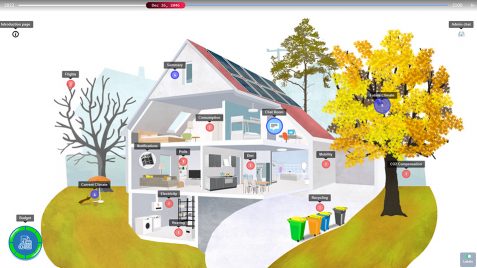
Based on your own values and needs you will simulate your future life in time-lapse mode.
How will you live, be mobile, eat and consume? What policies and structural measures will you support, which will you reject? How can you yourself influence the transformation to a safe climate future? How do you want to communicate, exchange views and mobilize like-minded folks?
Can you and your fellow time travelers stop or soften the climate crisis? And how does that change your own life?
ClimateTimeMachine calculates how your choices influence the climate, your enviromment and your financial situation.
All simulated changes of the climate and the environment in ClimateTimeMachine are based on scientific models which were provided by the Potsdam Institute for Climate Impact Research (PIK) and other research institutions. These models and underlying data are public.
How does the time travel work?
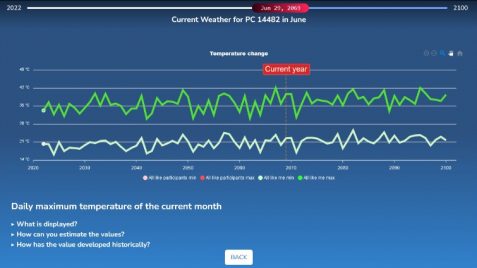
The time travel takes place on the ClimateTimeMachine web app and an accompanying 3 hour workshop on the online conference tool Webex.
Participants quickly create their own account on the ClimateTimeMachine app and log in after an introduction at the workshop. The time travel starts with a climate simulation of the year 2100 based on the current emissions pathway.
After an explanation about the functions of ClimateTimeMachine app, everyone sets up their lifestyle configurations.
From there on, the integrated climate model calculates the influence of the participants’ life choices on the emissions of climate gases. At any time, participants can adapt their simulated lifestyle to the visualized changes in the world.
Participants discuss (live and in the chat) about the conditions on the simulated future earth and possible individual and societal measures to mitigate that condition.
The workshop provides space to share about personal values, needs and limits. The simulation allows to experience the effects of each participant’s choices and to see the consequences for the climate, environment and costs of living on earth.
At any time, the simulation can be set on hold for questions, support and input by the participants.
The workshop and time travel conclude with deliberations on the simulated climate change and a round for feedback.
We are looking forward to lively discussions.
[MC]
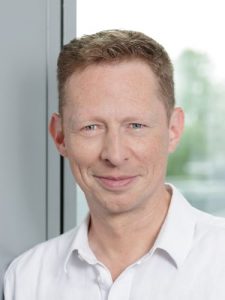 In 2019, SCIARA ideator and co-founder Daniel Tamberg reflected, after nearly 30 years in the IT industry, on how he could use his knowledge and skills to do something even more meaningful with his life.
In 2019, SCIARA ideator and co-founder Daniel Tamberg reflected, after nearly 30 years in the IT industry, on how he could use his knowledge and skills to do something even more meaningful with his life.
He recalled the almost decade-old observation he had had after reading the classic book “Limits to Growth”: In scientific models of climate and economics, people appear only as formulas and algorithms. What if instead scientific models of the natural and technical environment were brought together with real people as in a simulation game?
He contacted two scientists from the Potsdam Institute for Climate Impact Research (PIK) who work in the field of so-called agent-based systems. They saw the potential directly. Together they also convinced Johan Rockström, one of the institute’s directors, to let PIK accompany the project.
Sciara is being advised and supported by the Potsdam Institute for Climate Impact Research (PIK), the German Federal Foundation for the Environment (DBU) and the German Society of the Club of Rome.
Informationen zur Veranstaltung
14. bis 15. Dezember 2022
Online
Veranstalter: DWIH Tokyo, in cooperation with Deutsche Forschungsgemeinschaft (DFG, German Research Foundation)
Der DWIH Tokyo Newsletter informiert über aktuelle Nachrichten, Ausschreibungen und Veranstaltungen zu Forschung und Innovation in Deutschland und Japan. Klicken Sie hier für die Newsletter-Registrierung (auf Englisch)
